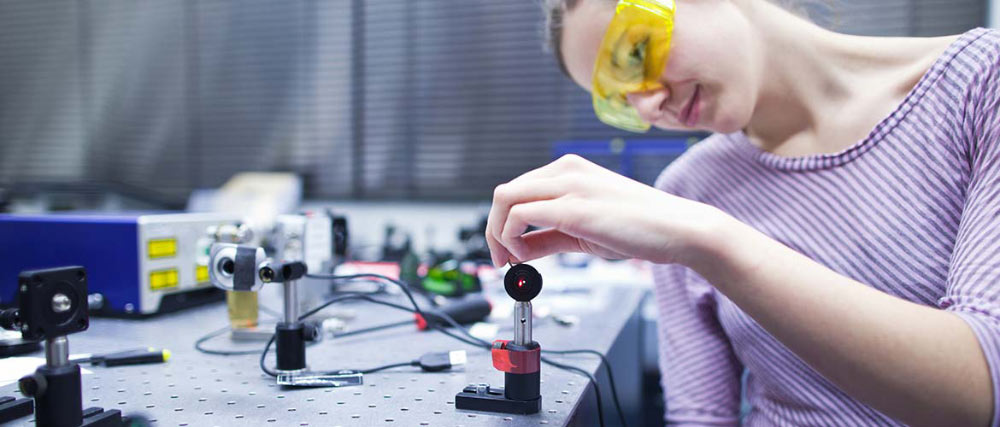
Call for Ideas for GNSS Evolutions
The European Space Agency (ESA) has launched a Call for Ideas for GNSS evolutions novel on-board atomic clock technologies, experimental scientific payloads, and science activities. An Invitation-To-Tender launched by ESA’s Directorate of Navigation under the EU Research and Innovation Framework Programme H2020, aims to develop technology and foster research in three categories related to the European GNSS programmes, namely Galileo and EGNOS.

The Experimental Payloads category groups the development of innovative, non-navigation payloads for future satellites of the Galileo constellation, which include optical payloads for ranging and communications or various instruments for space environment, space weather and remote sensing supporting atmospheric science. The purpose of this category is to provide added value services to the Galileo system. Subsystem-level prototyping and testing are expected activities as proof-of-concept.
The second category comprises studies of state-of-the-art technologies for Galileo on-board atomic clocks. The goal is to identify future on-board clock technologies.
The third category includes scientific studies taking advantage of the specific features and capabilities of Galileo and EGNOS programmes for highly innovative research in areas such as Fundamental Physics, Earth and Atmospheric Sciences or Metrology. From the scientific point of view, Galileo has features useful for scientific research such as the triple-frequency signals, absolute antenna calibration, accurate attitude, stable orbits and dissemination of accurate timing information. Some examples from past studies include the ‘Galileo gravitational Redshift Experiment with eccentric sATellites’ (GREAT) and ‘Galileo AltBOC signal exploitation for Synthetic Aperture Radar imaging’.
Potential applicants are invited to find out more here: http://emits.sso.esa.int/emits/owa/emits_online.showao?typ1=7939&user=Anonymous.


